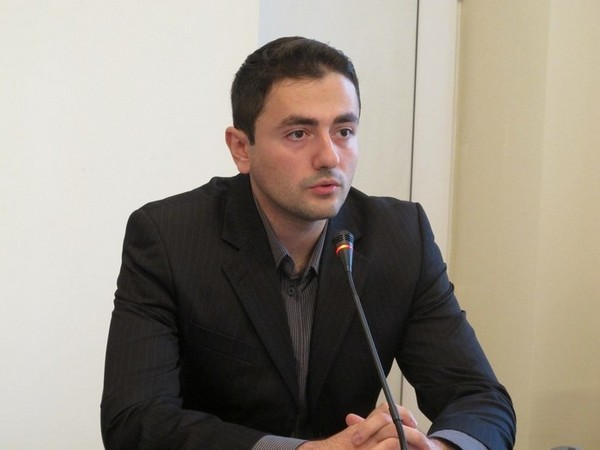 26.04.2017
26.04.2017THE LAST DECADE OF GERMANY’S RUSSIA POLICY: CHANGE THROUGH THE PRISM OF OFFICIAL DOCUMENTS AND SPEECHES (2005-2016)
The paper was presented at the 75th Annual Midwest Political Science Association Conference, Chicago 2017, Panel Session: Text as Data in Foreign Policy: Op Code and Content Analysis
David Sarkisyan
Introduction
The “neglected phenomenon” (Holsti, 2016) of change and restructuring in foreign policy has greatly increased in relevance against the background of recent years’ swift redirections in policy courses of a number of countries.
One of the most significant changes has occurred in Germany’s Russia policy. The relationship has collapsed from the strategic partnership level to the application of economic sanctions. Though the sanctions policy towards Russia holds for several consecutive years, cooperation between Moscow and Berlin continues on a number of issues, including the economic ones. Thus it’s difficult to fit the reality in the narratives of purely confrontational or cooperative discourses.
Therefore, in this paper we will trace the levels of change in Germany’s foreign policy towards Russia during the chancellorship of Angela Merkel. We will also focus on the crises of 2008 and 2014 and try to explain why they had radically different effects on German foreign policy towards Russia.
To answer these questions, we apply Hermann’s conceptual scheme (1990), as well as comparative case study analysis of the two crises for each decision stage identified in the scheme.
In this context, the official domestic and bilateral political documents serve as a litmus paper, which identifies the prevailing tendencies of the bilateral relationship. Therefore we will supplement the theoretical analysis with empirical evidence from the textual data.
The main themes of Germany’s official political discourse towards Russia and their dynamics throughout the chancellorship of Angela Merkel, since November 2005 until April 2016, will be analyzed.
The methodology of the empirical part of the research involves traditional document analysis and quantitative content analysis. Among the studied textual sources are:
Return
